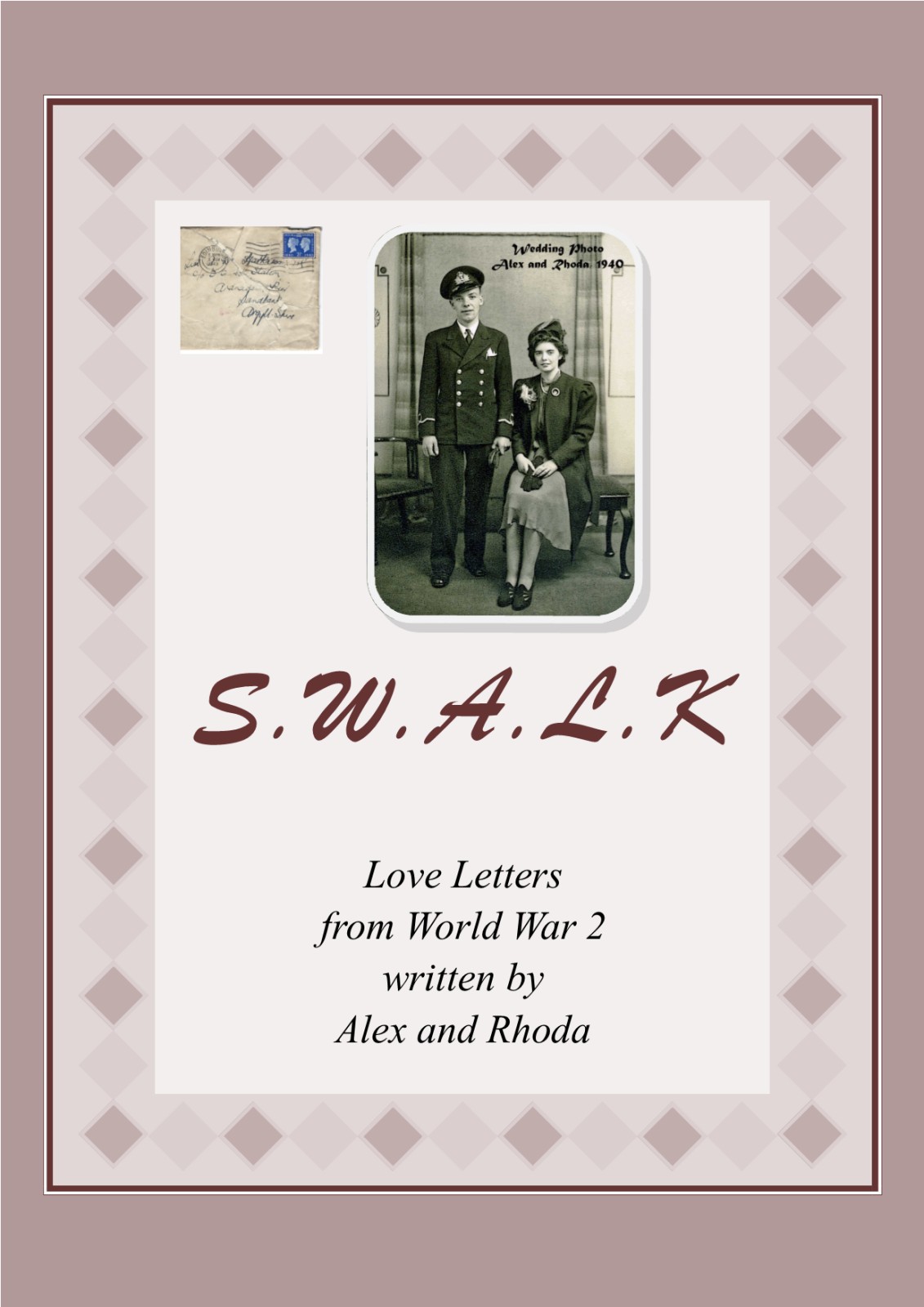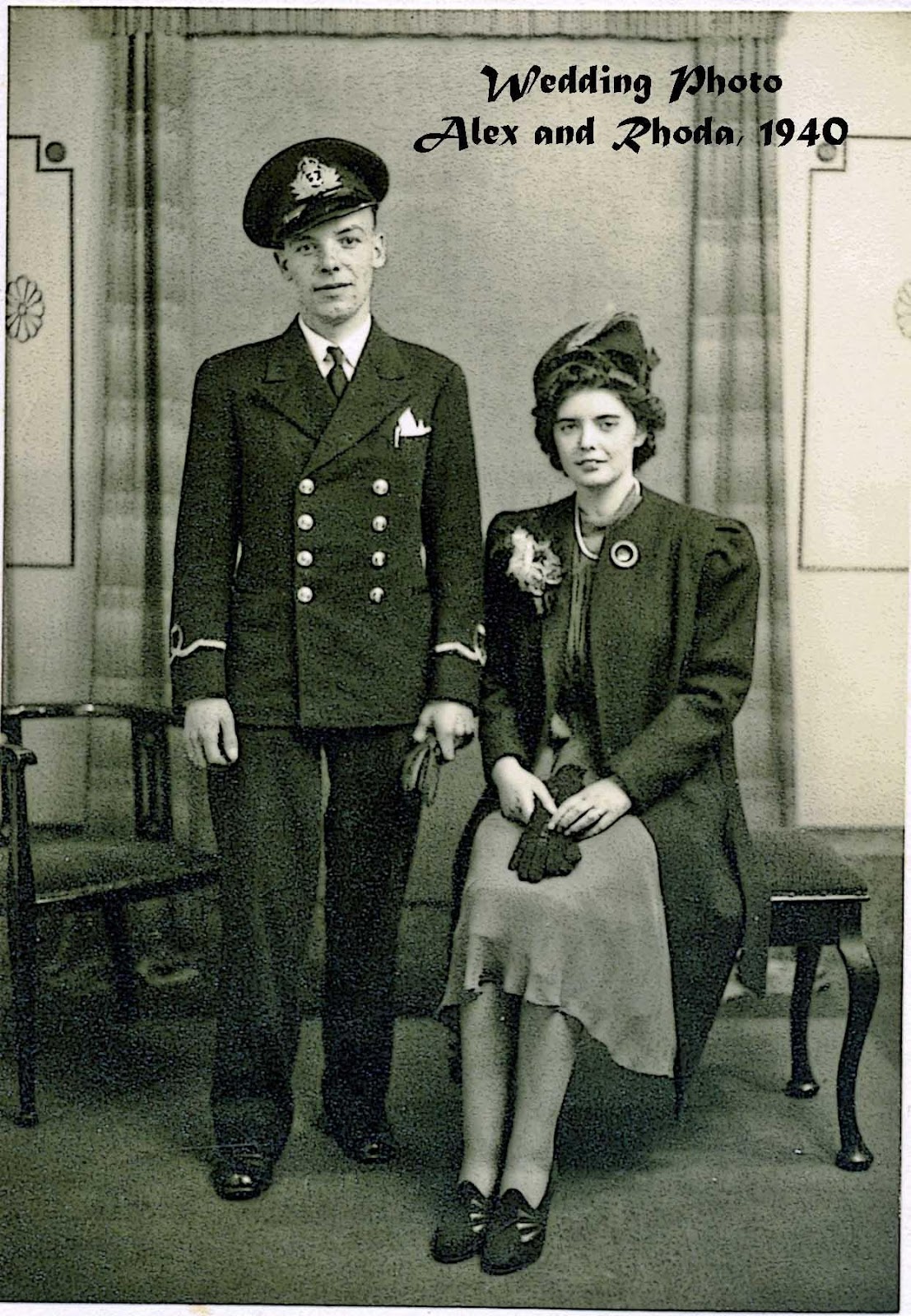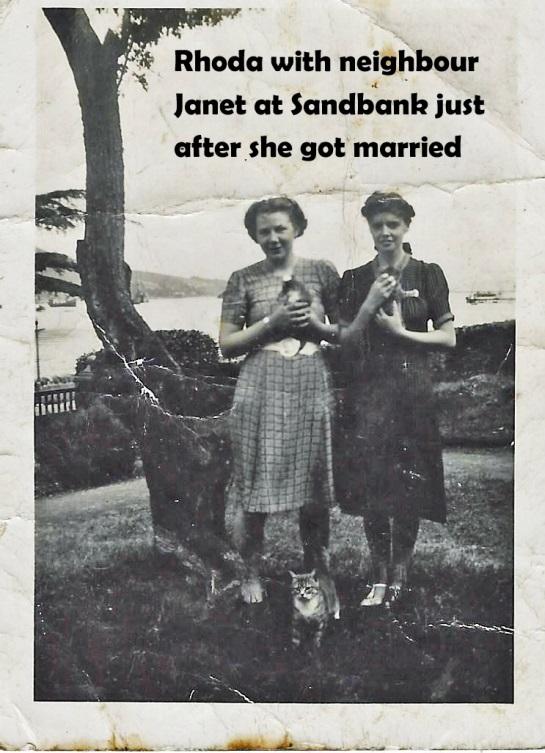The SWALK Letters
In February 2023, my brother Gavin sent me a large bundle of around 70-80 letters in total. Many of the envelopes of the letters my parents wrote to each other during the Second World War have ‘SWALK’ printed on the closing flap of the envelope. SWALK is an acronym for “sealed with a loving kiss”. These where exchanged between my mother and father in the 1940s. During World War II (1940-1945), and for one year after the war (1946), my parents did not live under the same roof for any stretch of time.
In other words, my mother had to look after my three elder brothers more or less on her own, when they were between the ages of 1-6 years. Perhaps there are many more letters than those shown here, but many are probably lost. It seems that my mother kept most of the letters she received from my father, but that he mislaid many of her letters.
Given the volume of the letters, there are only select letters and stories that I will separately post here. These were chosen based on how interesting these could be to the readers narrative-wise. If you want to read the entire collection of letters, you can access it here: SWALK: Love Letters from WWII.
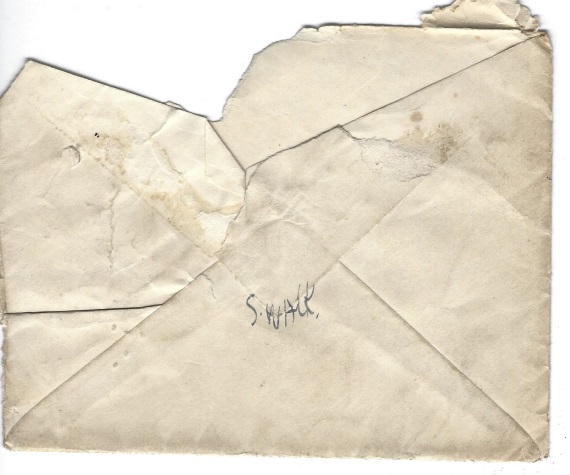
SWALK Acronym
World War II postal acronyms were first used to convey messages between servicemen and their sweethearts back home. My parents were fairly conservative although they do hint in their letters at more scandalous behaviour – but only ‘hint’. Other wartime lovers were a bit more shockingly scandalous when writing acronyms on the back of letters:
- VENICE – “Very excited now I caress everywhere”
- NORWICH – “Knickers off ready when I come home”
- CHINA – “Come home I’m naked already.”
‘SWALK’ has gone out of fashion. But this was perhaps still in fashion in the 1960s, if we consider Brian Hyland’s song, “Sealed With A Kiss.”
Though we’ve got to say goodbye for the summer
Darling, I promise you this
I’ll send you all my love
Every day in a letter
Sealed with a kiss.
The Characters of My Parents
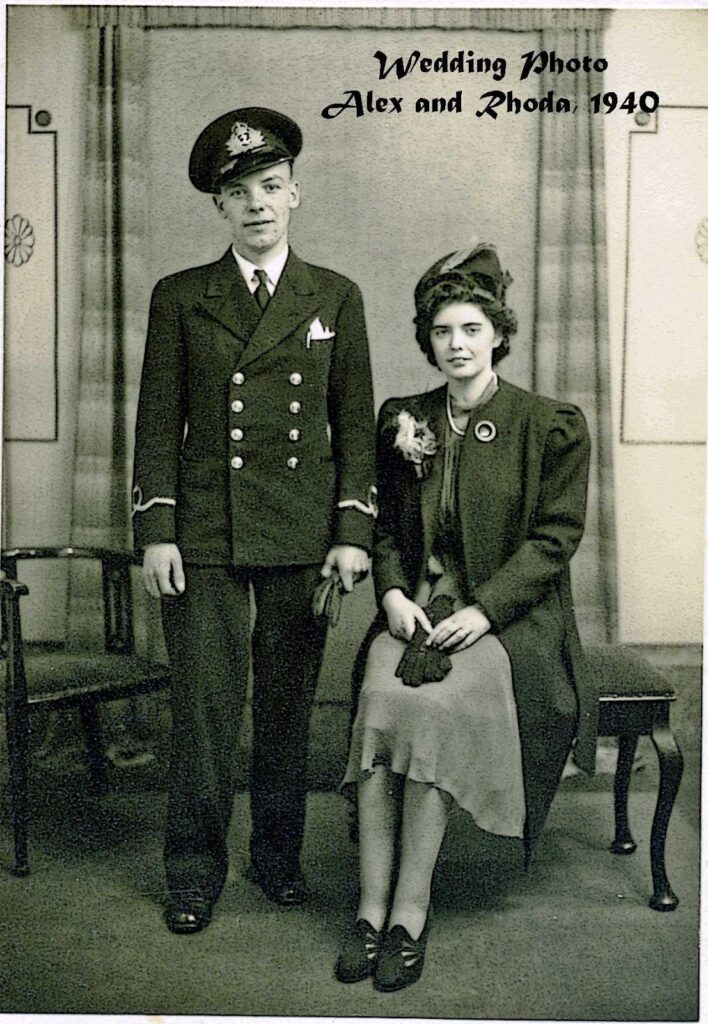
Alexander Whitecross Harkness, Sub-Lieutenant (RNVR)
My father, Alexander Whitecross Harkness, was a Sub-Lieutenant in the Royal Naval Volunteer Reserve (RNVR), and was stationed at different locations in Scotland, England, and abroad, such as Dunoon, Argyllshire; Liverpool, Lancashire; Sunderland, Durham; and Rangoon, Burma (now called Myanmar).
Not least, in the letters, my father seems to be the great romantic, repentant drunk and hothead. He reiterates in many of the early letters that he would do anything “Just to Be Home with You”, which calls to mind the song by Shane MacGowan. The music does not reflect the atmosphere of WWII and the 1940s, but the lyrics are ‘timeless’.
Rhoda Campbell Harkness
My mother, Rhoda Campbell Harkness, also ‘served’ in the war as she worked at the Highlanders’ Institute in Glasgow, which billeted soldiers. This is where she met my father when she was nineteen.
My mother and father emerge from these letters as people that I never really ‘knew’, although certain characteristics ring a bell, such as my father’s drinking and my mother’s ‘grumbling’. Of course, this is a separate topic: “Do children ever ‘see’ their parents as people?” I don’t think so. Nevertheless, this book, and my other writings, will make some attempt at ‘knowing’ my parents. After all, if I don’t do this, who will? Ideally, the description of my parents’ characters should have been done by their contemporaries – their work colleagues, friends, and near family. But they never put this down in writing – so this is left up to me.
Warning to the reader!
This book is not just a documentation of my parents’ lives, but also an attempt at ‘semi-fiction’. Since its birth, ‘fiction’ has been characterised by crime, scandals, perversions, murders, greed, and the ‘seven sins’; such as in the novels of Defoe,1 de Sade2 and Agatha Christie. These works of fiction often focus on the perversities of the upper and lower classes. In the modern day, we can compare it to King Charles and his involvement in the murder of his wife, Diana; the various rapist and financial abominations of the former US president, Donald Trump; and the various criminal, violent, and murderous activities of the current Russian government (2023).
However, few people in my wider family of the last 200 years belonged to the dregs of society, or the violent and oppressive upper classes. They mainly belonged to the ‘proud’ rural and industrial working classes and the so-called petty bourgeois. Thus, the documentation of the last two hundred years, which is in my possession, contains only a few documented crimes and perversities. Nevertheless, there are also minor and major tragedies. But these are not usually stated explicitly. So one has to read ‘between the lines.’ Humans are animals, and there is always a ‘struggle for existence’ in one way or another, no matter which class you belong to, and no matter which country you live in.
I have written other biographies about my family describing genocide, murder, rape, fornication, prostitution, buggery, illegitimacy, inheritance quarrels, thievery, and so on, but I will not focus on this here to any great extent. You may just visit these websites: [1] [2] [3].
In other words, despite the fact that my parents’ relationship was forged in the foundry of the apocalypse of World War II, their lives were mainly focused on everyday struggles.
To sum up, if the reader expects to read a sensational story, then he/she should stop here – because not much happens in this story! This is just a story about ‘ordinary people’ living ‘ordinary lives’.
